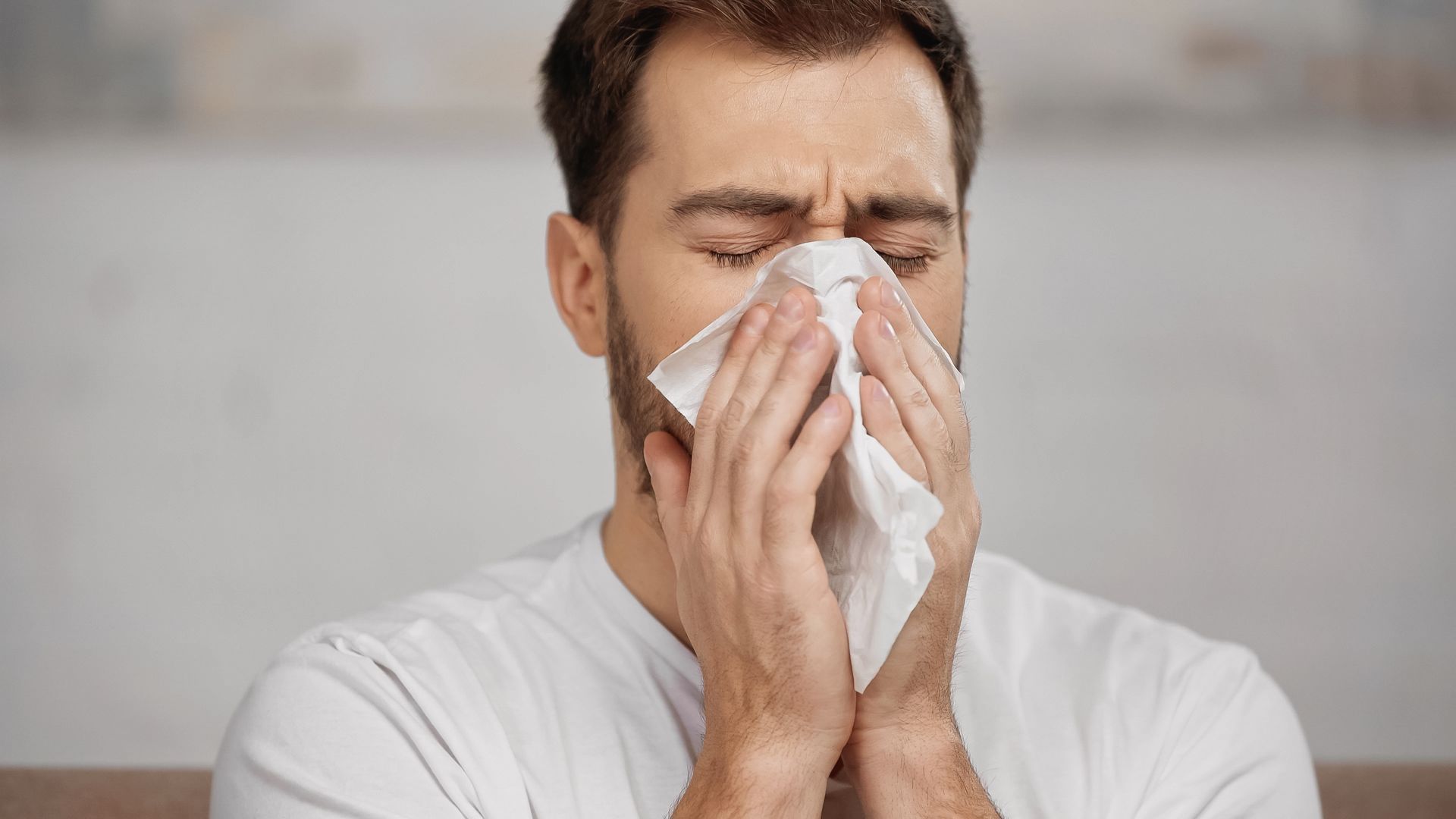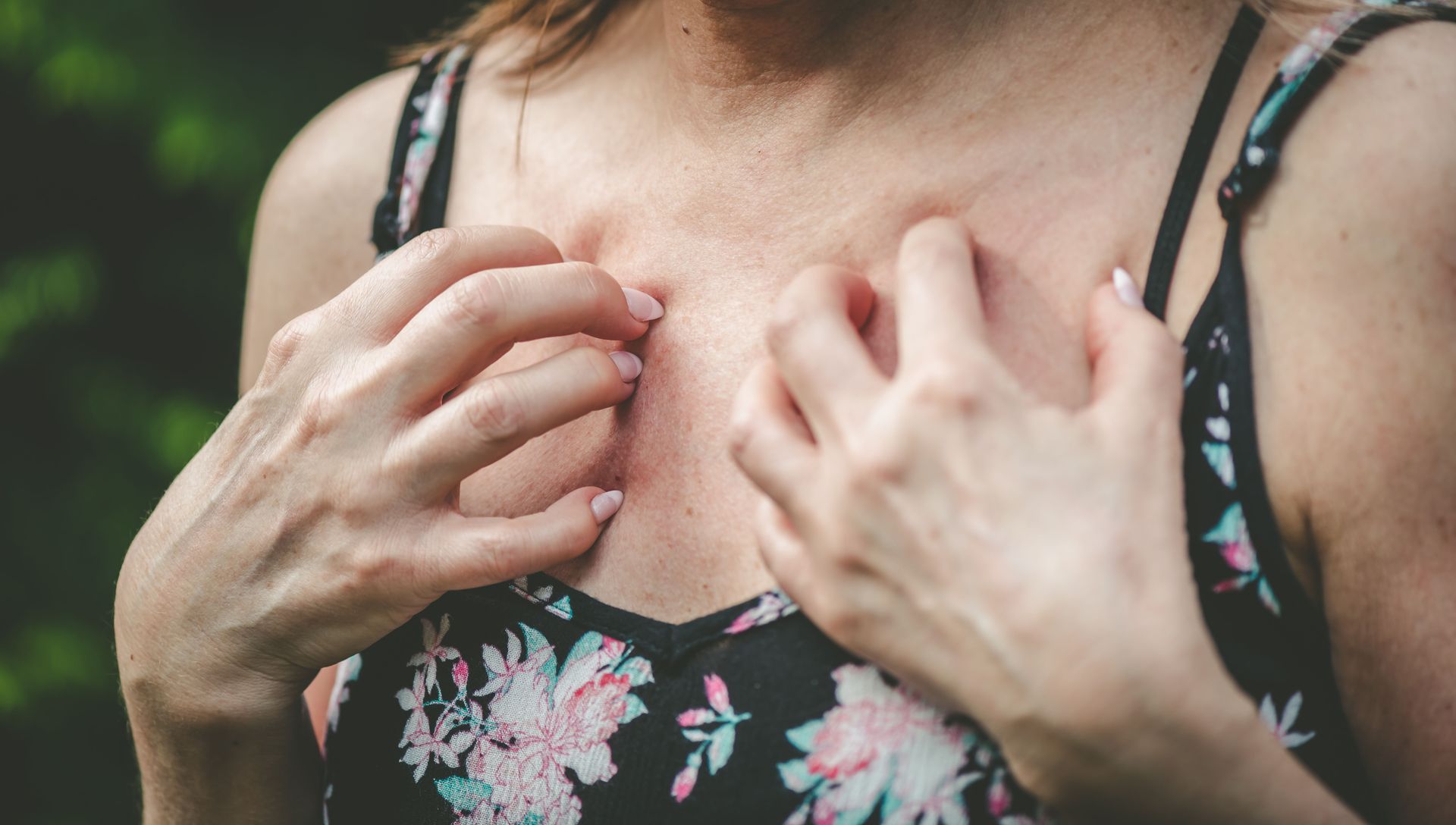Allergy Treatment Taunton & Norwood MA
1 in 5 People suffer from allergies - We can help
Many allergy treatments exist to suit a variety of different allergies. Your doctor at Allergy & Asthma Care will assess your individual case and discuss the best treatment options with you. As is the case with most health conditions, the most effective approach is a combination of medical treatment and diligent self-care.
What are the signs and symptoms of allergies?
Allergies can manifest in different ways in different people. The following is a list of possible allergic reactions:
- Runny nose
- Sneezing
- Nasal congestion
- Throat clearing from post-nasal drip
- Itchy eyes, ears, nose, or throat
- Asthma (coughing, wheezing, shortness of breath, chest tightness)
- Rashes
- Recurrent ear or sinus infections
- Snoring
- Headaches
- Fatigue or feeling tired
Effective allergy treatments can bring a major improvement to your overall quality of life.
Allergy medications relieve symptoms and minimize discomfort
Depending on your specific triggers and reactions, you may respond to one or a combination of the following:
Your allergist may prescribe these medications or recommend over-the-counter formulas.
Allergy shots train your immune system not to respond to allergens
Allergy shots, which are also called immunotherapy, contain small amounts of the allergens that cause your specific symptoms. Over the course of several years, allergy shots can make you less vulnerable to those allergens and reduce the severity of your reactions.
Immunotherapy is appropriate if you:
- Cannot avoid certain allergens.
- Do not respond satisfactorily to allergy medications.
- Have asthma or frequent sinus infections.
Shots can even help with insect sting allergies. If you are interested in allergy shots, talk to us at your visit.
Oral immunotherapy: an alternative to allergy shots
Sublingual (under the tongue) tablets are now available for a limited number of allergies. Tablets are available only for a limited number of allergies. If you are interested in this type of treatment, let the doctor know, and he or she can offer details.
Self-care for allergies enhances your medical treatment
You can do many things at home to support allergy treatments and further lessen your reactions to allergens. These efforts will depend on your particular allergens and symptoms.
Examples of helpful habits include:
01
Minimize your exposure to triggers.
02
Invest in an air purifier for your home and office.
03
Purchase a vacuum cleaner with a HEPA filter, and use it often. Vacuum upholstered furniture and beds as well as carpets.
04
Dust furniture regularly.
05
Seal your mattress, box spring, and pillows in special covers.
06
Wash window treatments, bed covers, and table linens more frequently during allergy season.
07
Rinse your nasal passages with saline in a neti pot or plastic squeeze bottle to wash away pollen and other allergen particles.
08
Limit pets to certain areas of your home, and keep animals out of bedrooms.
09
Wear a mask and goggles when doing yard work or working with chemicals.




